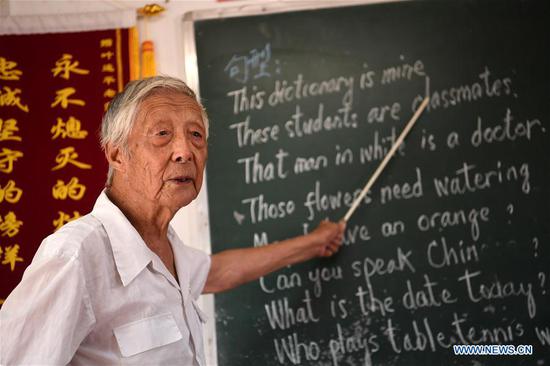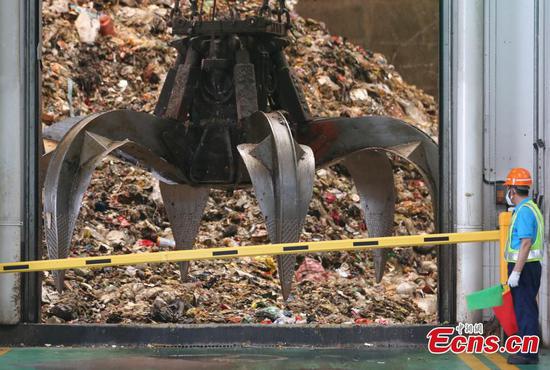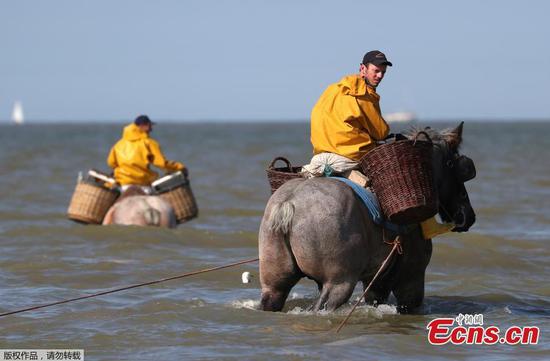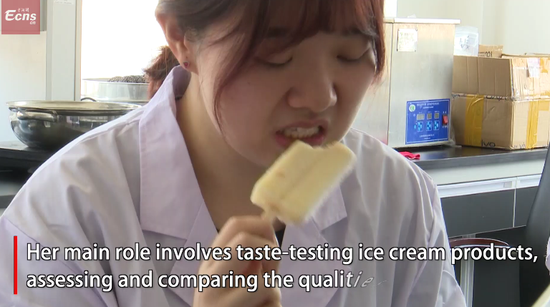Legislative work
One of the most outstanding and decisive developments in Vietnam to promote breast-feeding is the law revision to better protect the rights of mothers.
In 2012, Vietnam lengthened paid maternity leave for female employees from four to 6 months. In the same year, the country's advertising law also prohibited breast milk substitute ads for children under 2 years old. In the following years, many employers set up lactation rooms for mothers in the work place.
However, while the law was being revised, various stakeholders battled for their own rights.
Since a growing number of women joined the labor force, Vietnam stood out. For companies which have a higher portion of female workers, such as in the textile, shoes manufacturing, aquatic products and electronic packaging industries, supporting amendments to the law is one of their key challenges, noted Truong Quoc Hung, deputy director general of the Institute for Legislative Studies under Vietnam's National Assembly Standing Committee.

A pregnant woman discusses her prenatal results with doctors at Da Nang Hospital for Women and Children on July 15. (Photo: Zhang Dan/GT)
The institute conducted research to reassure foreign investors while promoting women's interests. "We promised to make it more convenient for foreign capital, such as introducing tax-free, land use and labor assistance policies. For example, the government pays the salaries of teachers at child-care centers in industrial parks," Hung told the Global Times.
The key concerns included women's willingness to extend their maternity leave, whether social insurance can shoulder the expenses and if the competitiveness of women would be affected.
Hung told the Global Times that female workers may lose their jobs if they have longer maternity leaves, but Vietnam's Labor Code protects mothers. Still, policymakers need to balance the economic impact on companies and the health of future generations. They also need to increase female employers' working ability.
"I think women's rights and interests have greatly improved, especially in industrial parks," Pham Thi Thanh Hong, former deputy head of the Department of Female Workers Affairs, Vietnam General Confederation of Labor, told the Global Times.
Breast-feeding in China
Discussions on whether mothers should breast-feed in public always appear on Chinese social media. Some complain that the mothers who exposed their breasts in public do not consider other people's feelings, while some support the mothers.
Whether exclusive breast-feeding is necessary is also hotly debated on cyberspace as some new mothers find it difficult.
"My son was starving in the first three days after being born because I didn't have any breast milk," a Beijing-based mother of a 9-month-old infant said. She said that her family insisted on breast-feeding her son because that will lead to better physical conditioning.
However, no matter what method she used, she could only produce little breast milk, which put her under immense pressure. "I wanted to give up exclusive breast-feeding. Some milk formulas can satisfy the needs of newborns," she noted. Even though the country initiated plans to promote exclusive breast-feeding, mothers should decide whether to do so based on their family and personal conditions, she said.
A survey conducted by CDRF showed a third of working mothers were not given a breast-feeding break, and less than a fifth of their workplaces had lactation rooms.
Many provinces, including Henan, Liaoning and Guangdong, have plans to promote mother/infant-friendly facilities, the Xinhua News Agency reported in March.
Guangzhou for instance, opened 658 baby care rooms last year. The city is now pushing for the first local legislation on China's breast-feeding promotion work, which is expected to be passed within the year, according to Lei Jianwei, a member of the Guangzhou City People's Congress style and the primary voice for breast-feeding.
"Some people questioned why their choice to breast-feed their children was being curtailed," Lei said at the Breast-feeding Promotion Forum in Beijing on August 1.
"This law does not restrain mothers at all. Instead, it aims to support relevant departments, employers, medical institutions and society to build a breast-feeding-friendly system," he explained.
On extending maternity leaves, Lei told the Global Times the limits of Guangzhou's legislative authority cannot achieve that.


















































